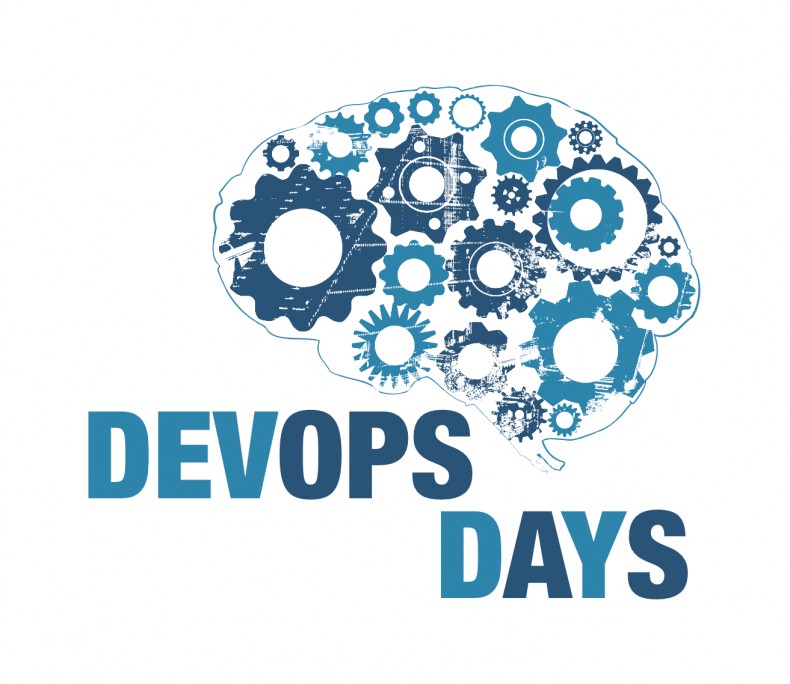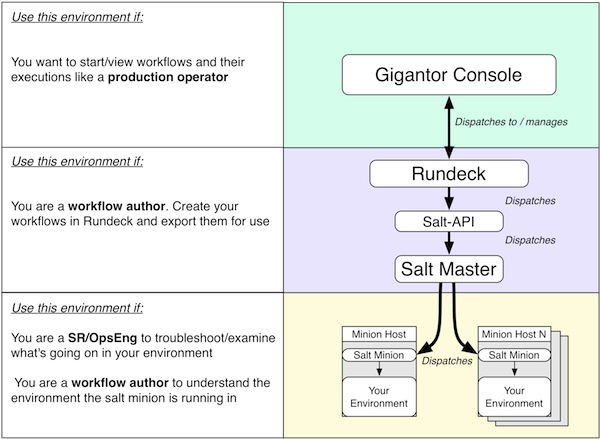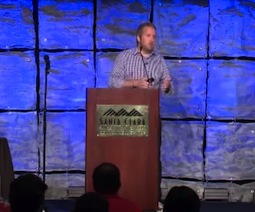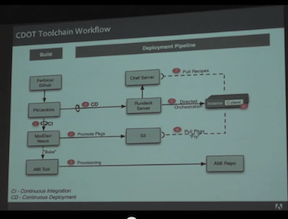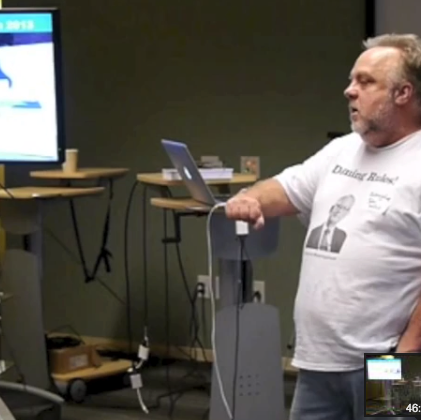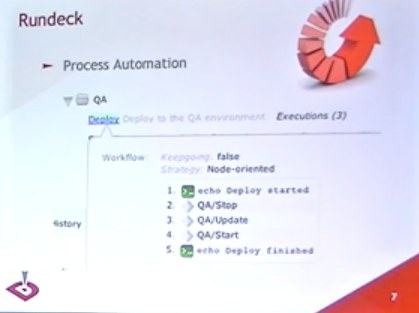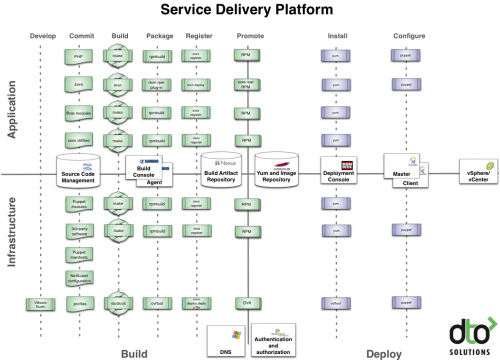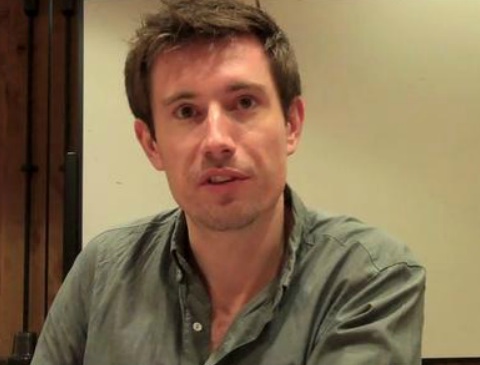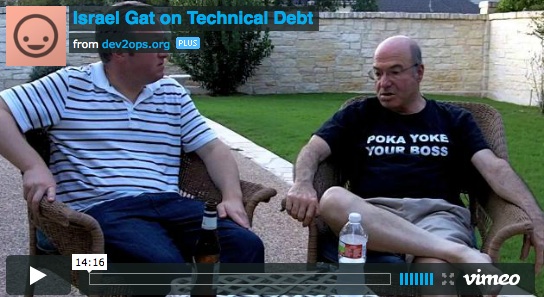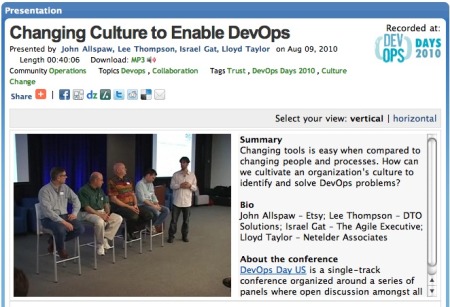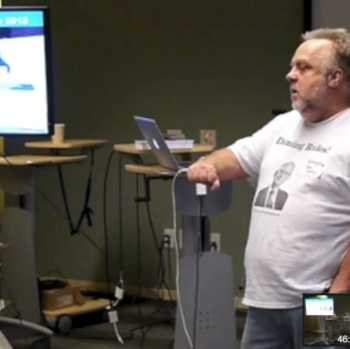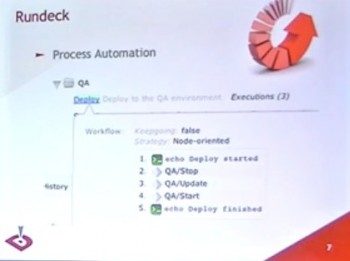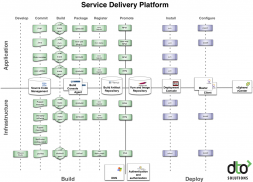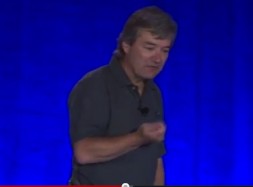How to initiate a DevOps Transformation (Video)
Damon Edwards /
Here is the full 30-minute video from the keynote I did at DevOps Days Mountain View 2013.
This talk address the single most common question I get asked:
“DevOps sounds great… but how do I go about introducing DevOps to my company?”
Which is usually followed by one or more of the following frustrated statements:
“My managers don’t get it”
“The Dev group won’t talk to me”
“The Ops group won’t talk to me”
“QA says I’m dangerous”
“I don’t know where to start”
“People say they are too busy getting real work done”
“Help! My boss told me to buy DevOps by next quarter or else”
“Everyone just argues about tools”
In this talk I give a condensed walk through of a 3 step process that we’ve found to work (who doesn’t love a 3 step process, right?):
1. Build the “why?” (the business case)
2. Build organizational alignment (the trickiest part… but there is another 5 step “workshop” process just for this!)
3. Continuous improvement loops (think: PDCA or Deming/Shewhart Cycles)
The process incorporates everything you would expect from a DevOps transformation (Lean and Systems Thinking, Value Stream Mapping, Waste Analysis, The 3 Ways, Silo busting, etc.) but it does so in a practical and approachable manner. You can even avoid using the word “DevOps” if it’s too politically charged in your organization.
This forms the core of what we do at DTO Solutions does with our DevOps Workshops (or “Service Delivery Workshops” for a non DevOps name). Through that work we’ve been fortunate enough to see this process in action at many different sizes and types of companies. But that being said, I’m always interested in more feedback and new ideas!
http://vimeo.com/69079272
